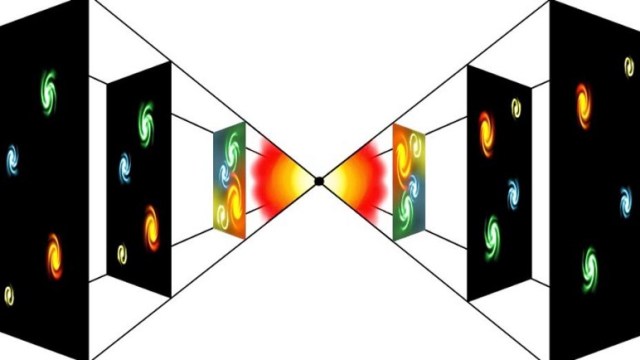PC Philosophy, or Why Some University Students Just Kant Even

Name a few philosophers. I’ll wait. You probably named a few Greeks, maybe a German or two. More frequent readers may have included an Arab or a Persian. But can you name many, or even any, thinkers from Africa? How about South Asia? Can you name a non-white philosopher from the last century at all?
Many people will say no, and a group of students at a University of London college thinks that is a problem. The student union of School of Oriental and African Studies(SOAS) is requesting that a majority of philosophers studied at the college be of an Asian or African background at the expense of more commonly studied European philosophers.
Now, before you get too riled up. The student union’s statement is to the effect of increasing diversity rather than the outright banning of white philosophers. They also seek to have philosophers be viewed in the context they lived in. In addition, they want to highlight how colonialism may have influenced what ideas are seen as “canon” and what is seen as “marginal” thought. All this is as part of a “decolonization” of the curriculum that the student union supports.
Also the university claims it is “the only higher education institution in Europe specialising in the study of Asia, Africa and the Near and Middle East”. So mere desire to increase the number of non-European thinkers included in the curriculum would seem reasonable to most.
Now, some philosophy clearly reflects the times it was devised in. John Stuart Mill, utilitarian, liberal, and feminist philosopher, argued often for imperialist practices. Not surprising for a man living in England at the height of the Empire and employed for decades by the East India Trading Company. Other examples exist, often on a more positive note. It is unlikely that we would have heard of the radical thinker Spinoza had he not lived in the tolerant Dutch Republic, where his writings would get him excommunicated, but not imprisoned.
However, in a strictly academic sense. One cannot toss out a key philosopher from their education and hope that it does not ruin the process. The impact of Immanuel Kant on later thought is difficult to overstate. To remove or reduce him on anti-colonial grounds, which philosopher Sir Roger Scruton has dismissed as absurd, would harm students’ ability to understand later thought, ranging from relativity and quantum mechanics to modern political philosophy.
Of course, non-European thought is often underrepresented in philosophy. The rich histories of India, China, the Islamic world, and Africa are often seen as footnotes and side ventures to the thinkers of Europe. While European thought is of great use, the influence of African ideas on Freud, the influence of Maoism on many French philosophers, and the refinement of Greek ideas by Islamic thinkers cannot be denied.
Does philosophy need to be decolonized? The student union as SOAS thinks so. Its desire to reduce the focus given to the mainstays of European philosophy has earned it the ire of many online news sources. However, the union raises a fair point. If students in a globalized world are going to understand the world they live in, should they not be armed with the ideas and philosophies of that world? Even at the cost of the traditional curriculum?





